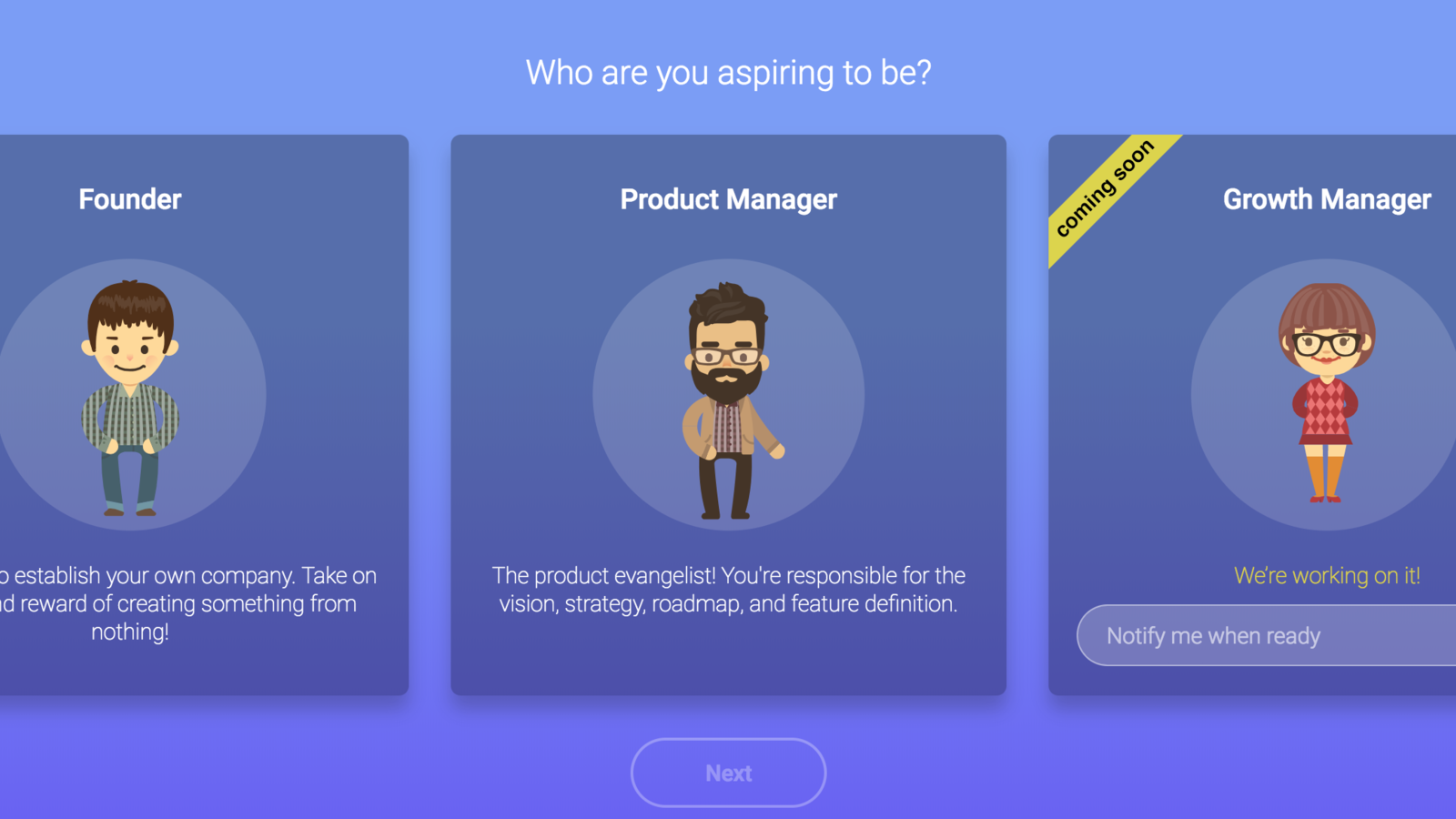Ahmed El-Sharkasy is CEO & Co-Founder of Knowledge Officer a new London-based education startup on a mission to solve the skills gap by adding “context to content” and enabling learning for a purpose.
Please note that the interview has been edited and condensed for clarity.
QRF: Thank you for being here with us. We are excited to learn about your journey. Can you tell us about yourself?
AE: I’ve always been passionate about self-development and learning. I believe that most of the learning in our lives is self-driven and is taken from what we read (books, blogs, etc.) or from peers. Throughout my career I have tended to naturally play the role of a “knowledge officer” - helping others curate their learning and manage information flow. Both perspectives allowed me to see the “pain” of a knowledge officer and of a self-learner. As I searched for solutions, I couldn’t find a structured repository of curated and contextualized content - basically nothing that would address this problem. There was a gap in the market for a platform that would guarantee time invested in learning online “counted”. The answer for my team and I was Knowledge Officer, which we launched in early 2018.
QRF: It’s great to see that you are solving a problem that you experience personally. Can you tell us about Knowledge Officer (KO) in detail?
AE: KO a career-oriented platform where people are learning for a purpose - either furthering their careers or switching jobs. We are a team of 13 people based in London and Egypt who are focused on addressing the skills gap. We curate learning paths on our platform by developing a clear understanding of job demand. There are three stages on KO. First is the “skills stage” where identify the gaps in the learners knowledge. Second is the “learning stage” where we create a unique learning path for each user. Finally, learners will reach the “opportunity matching” stage where we support learners in finding jobs - a feature that we are still working on. The plan is for KO to run on a freemium business model.
QRF: We are sure you have faced your fair share of challenges at KO. Do you mind sharing some of them?
AE: People usually assume that our number one challenge is competition. However, we believe we have a very clear and unique selling proposition. It is also a large market that will be served by multiple players. However, there are three major challenges for KO. The first, like any other online platform, is retention and engagement. We aren’t concerned with number of registered users as much as we are with how useful these users are finding the platform. The second is maintaining our rapid growth rate. We have around 10,000 users now and are currently growing at over 25% on a monthly basis. We are working on different initiatives to grow even faster! Our third challenge area centers on the significant technical complexities that underpin KO. These are all primarily within the domain of machine learning such as ranking content based on its quality and usefulness to our learners. It’s also about ensuring that our learning paths continue to evolve and stay relevant.
QRF: These are very interesting problems to solve. We wish you the best of luck with addressing them. Following on this theme, do you believe that the challenges faced by education startups are different than those of other startups?
AE: Education startups are very different. The barriers of entry into the education space tend to be much higher than in other industries. Learning is a complicated process so it’s harder to penetrate this market and harder to monetize within it. It’s critical that any education startup has a sustainable business model that allows it to continue its work and impact.
QRF: What are your top two lessons from your journey so far?
AE: First, it is really important to have enough traction before approaching any investors. This is a long journey so make sure its the right journey for you, your team, and your investors. Second, it’s important to realize that building a startup is more than just building a product. It’s about dealing with people from very different backgrounds and working together to achieve a vision. Launching an education startup itself is a humbling educational experience.
QRF: In closing, do you have thoughts for other Arab education entrepreneurs?
AE: It’s important that entrepreneurs in our region move away from a singular focus on building localized products. It’s a mistake to try and “Arabize” everything. The goal should be to build a globally relevant and competitive product from day one.
QRF: That is certainly and inspiring and interesting note to end on. Thank you Ahmed for your time today. We learnt a lot and are confident other entrepreneurs will find this insightful. Good luck.
AE: Thank you for your interest in Knowledge Officer.
